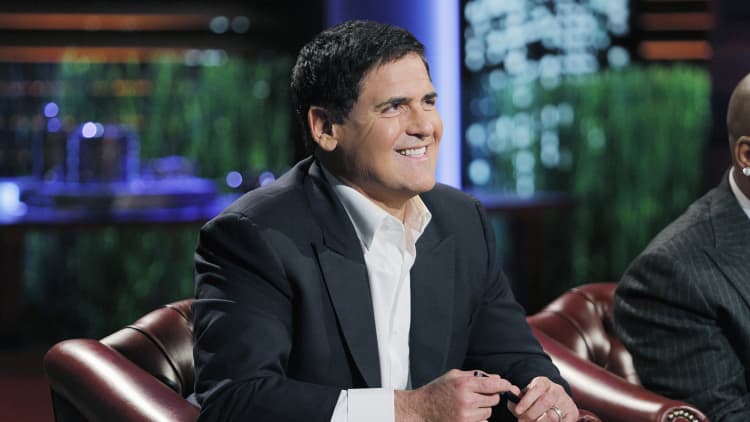Most people in the U.S. are living in financially precarious circumstances. Half of all Americans have nothing put away for retirement and the vast majority of them have under $1,000 saved, total.
According to a 2016 GOBankingRates survey, 35 percent of all adults in the U.S. have only several hundred dollars in their savings accounts and 34 percent have zero. Only 15 percent have over $10,000 stashed away.
For contrast, here's how much experts say you should have saved at every age:
In your 20s: Aim to save 25 percent of your overall gross pay
By age 30: Have the equivalent of your annual salary saved
By age 35: Have twice your annual salary saved.
By age 40: Have three times your annual salary saved.
By age 45: Have four times your annual salary saved.
By age 50: Have five times your annual salary saved.
Experts also stress the importance of, at a minimum, having enough to cover three to six months of expenses in an emergency fund, should you be hit by a medical crisis or a layoff. And financial guru Suze Orman thinks even that isn't enough.
The people offering that advice are "idiots," Orman said bluntly at the eMERGE technology conference in Miami, Florida, last week, explaining that three to six months worth of expenses won't cut it. Instead, aim to have at least eight to 12 months worth of living expenses in the bank.
"Go back to 2007. ... You lost your job, you lost everything; you were working on this tech thing and all the start-ups went down," she said. "Nobody had any money to invest, nobody wanted to touch anything, nobody wanted to IPO because the markets were going down, and you couldn't find anything to do. Think it took you just three months to find another job? Think it took you six months to find another job?"
She went on: "It's not just about the economy. What if you get sick? What if you're hit by a car? What if something happens crazy in this world? We live in the craziest world I've ever seen in my life right now. And the only way you can take craziness out of that is for you to make yourself secure."
The discrepancy between what workers know they should do and what they manage to do may be why so many Americans' No. 1 financial regret involves not saving enough: A whopping 46 percent of adults surveyed by Bankrate about their biggest money mistakes wish they had put more away, whether for retirement, emergency expenses or their children's educations.
To build up a robust emergency fund, look both at how you could earn more and at how you could spend less. Try asking for a raise, since those who try to negotiate for more money usually succeed, or taking on a side hustle, or . Set and pursue daily goals, like depositing some amount of cash in an account every day, even if it's only $5.
Likewise, see if there's any fat in your budget that you could trim. Managing to reduce spending on expensive line items like housing and transportation will give the most immediate and significant benefit, but some people swear by sweating the small stuff like giving up coffee. And to the degree possible, make saving automatic. Let the money go straight to the bank so you don't even have the opportunity to spend it.
Finally, read up on other get to a point where they can finally feel secure.
Don't miss: Suze Orman shares the biggest money mistake almost everyone makes




